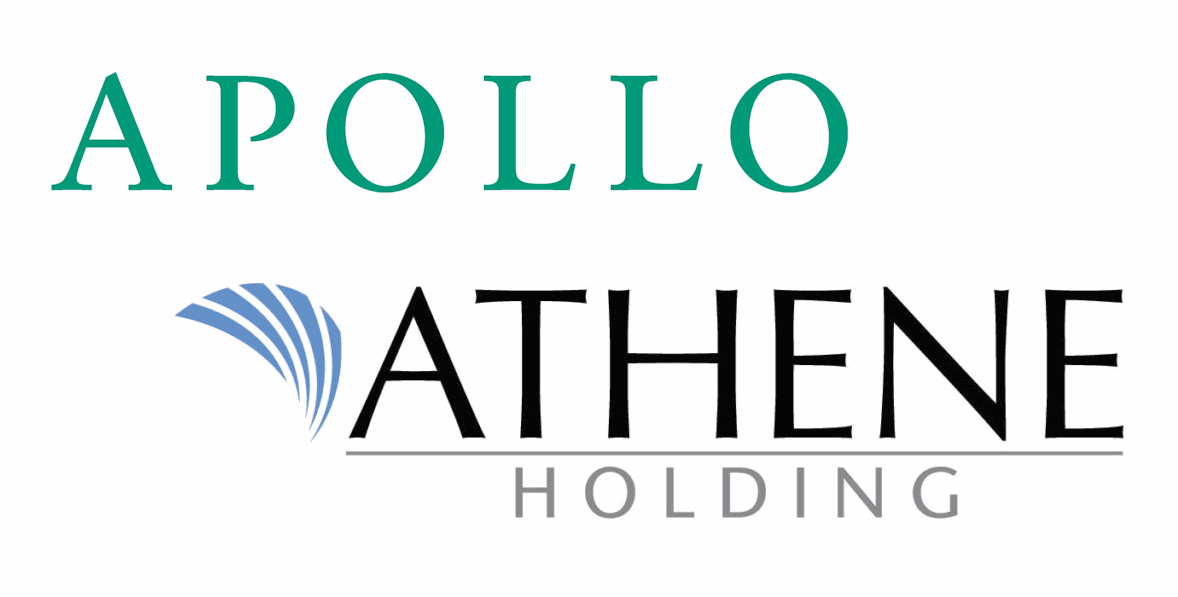The Securities and Exchange Commission (SEC) has imposed stricter rules on the safekeeping of customer assets at digital asset firms to protect investors from asset misappropriation as well as fraud.
The amended regulations follow the SEC’s public hearing on the proposed regulations on December 3, 2021, as well as the SEC’s resolution to draft changes to the regulations relating to the custody of client assets on December 4, 2021. November 2021.
The new regulations have been in effect since March 1. The transitional provisions give operators of digital assets a period of 3 to 6 months to develop the necessary working systems in accordance with the regulations in force.
The revisions include three main changes that will help protect investors in digital assets, the SEC said.
First, digital asset operators are strictly prohibited from using a client’s assets, fiat currency and digital assets for the benefit of another client or any other person. A client’s assets should be reconciled every business day to ensure accurate and up-to-date asset records.
Second, the withdrawal or transfer of fiat currency from customer accounts must comply with the principles of decentralized approval authority, multi-sign approval authority, and checks and balances.
For a withdrawal or transfer of fiat currency from 2 million baht to 50 million baht, digital asset business operators must seek approval from two authorized persons. For a withdrawal or transfer over 50 million baht, another independent authorized person is required to verify the transaction.
In addition, supporting documentation of each transaction must be retained for retrieval upon request for SEC inspection.
Finally, operators of digital asset businesses cannot seek benefits from customer fiat currency, except for deposits with commercial banks.
In this regard, operators of digital asset businesses and their customers can agree on an interest rate that does not exceed the actual rate that business operators receive from commercial banks.
In the case of digital assets, seeking benefits for clients is prohibited, including depositing and lending to others, except in the form of investing in digital assets with fund managers of licensed digital assets.








/cloudfront-ap-southeast-2.images.arcpublishing.com/nzme/OHW6VHXFMZNW5LRAA6RL4NW5ME.jpg)



